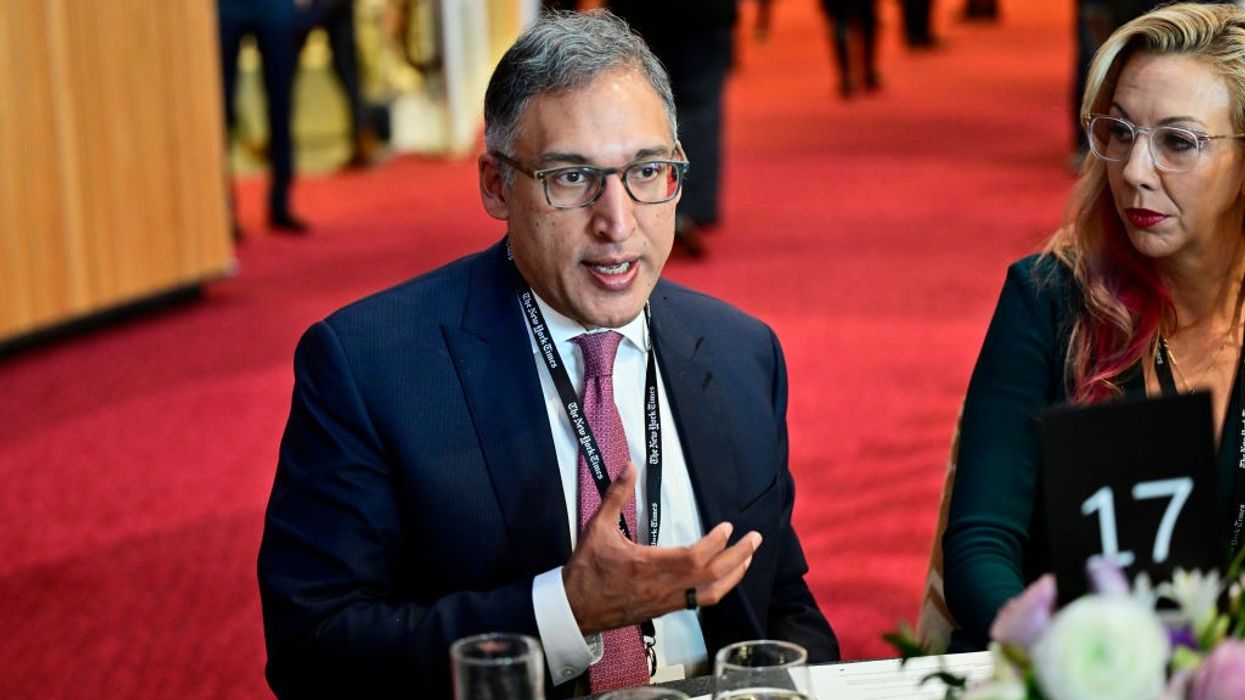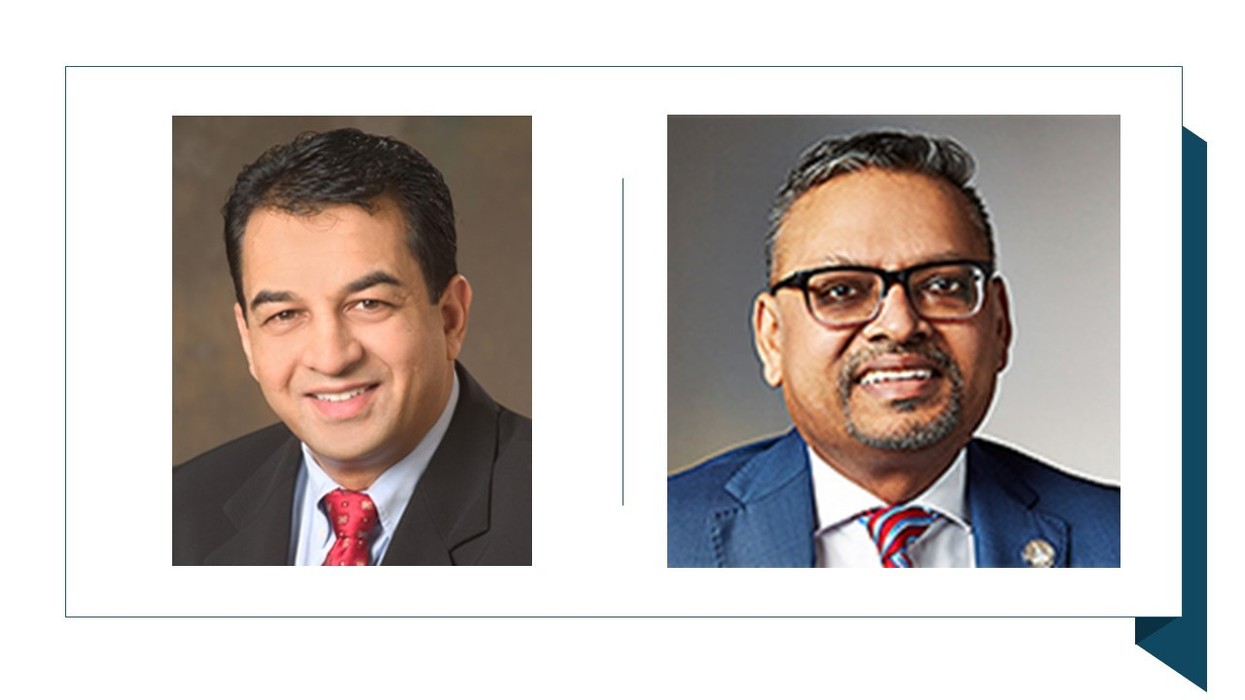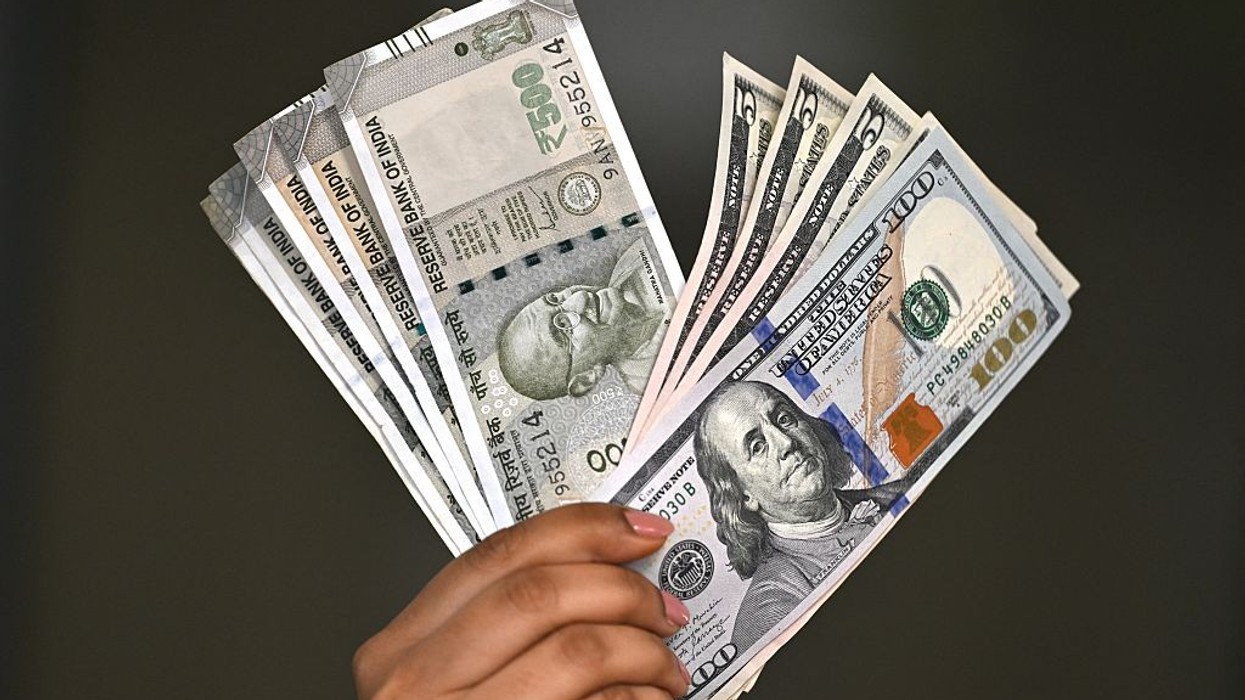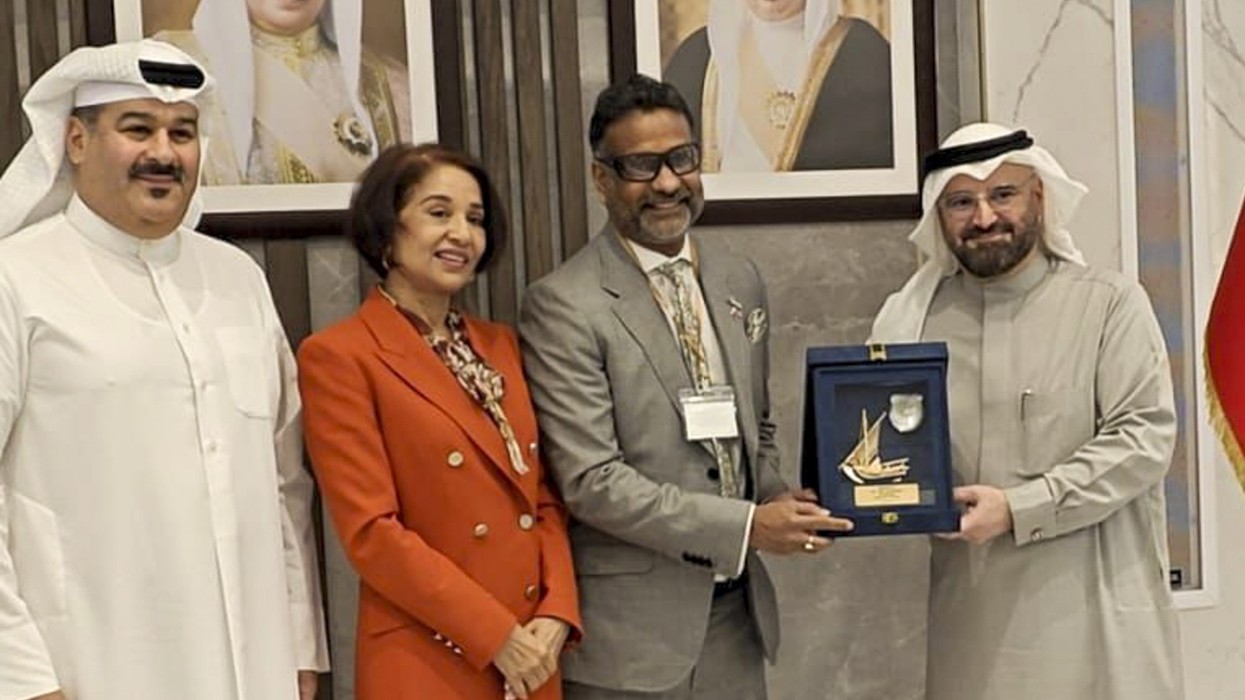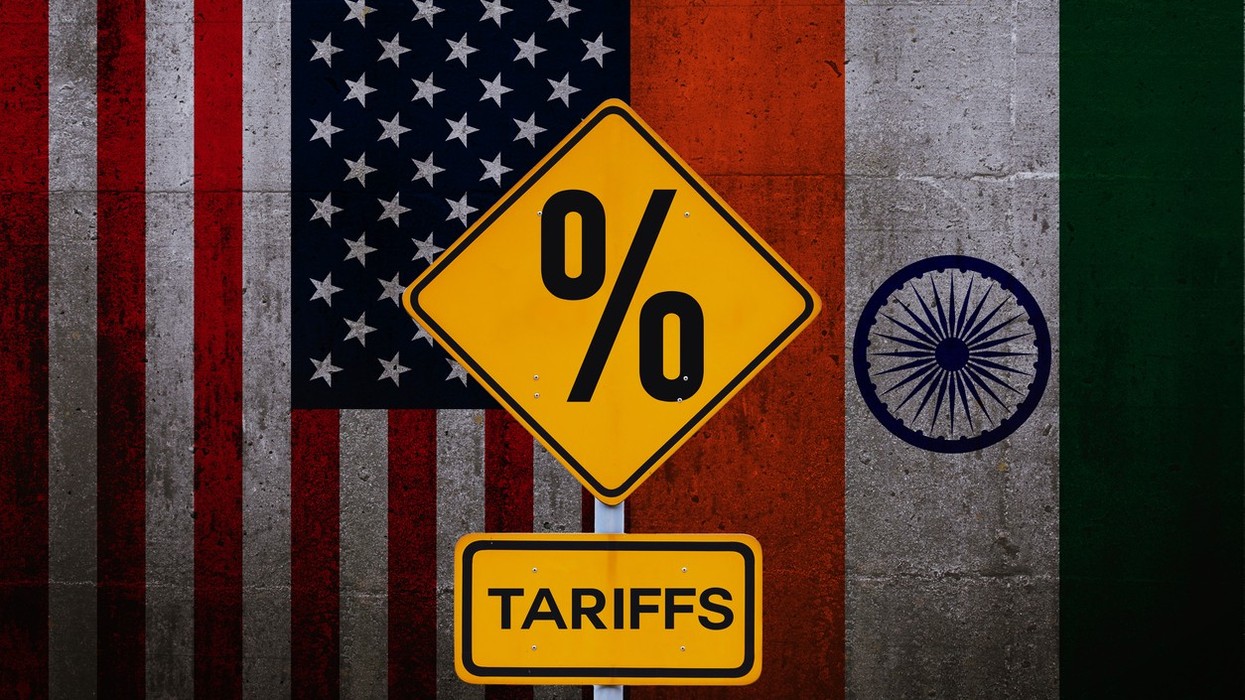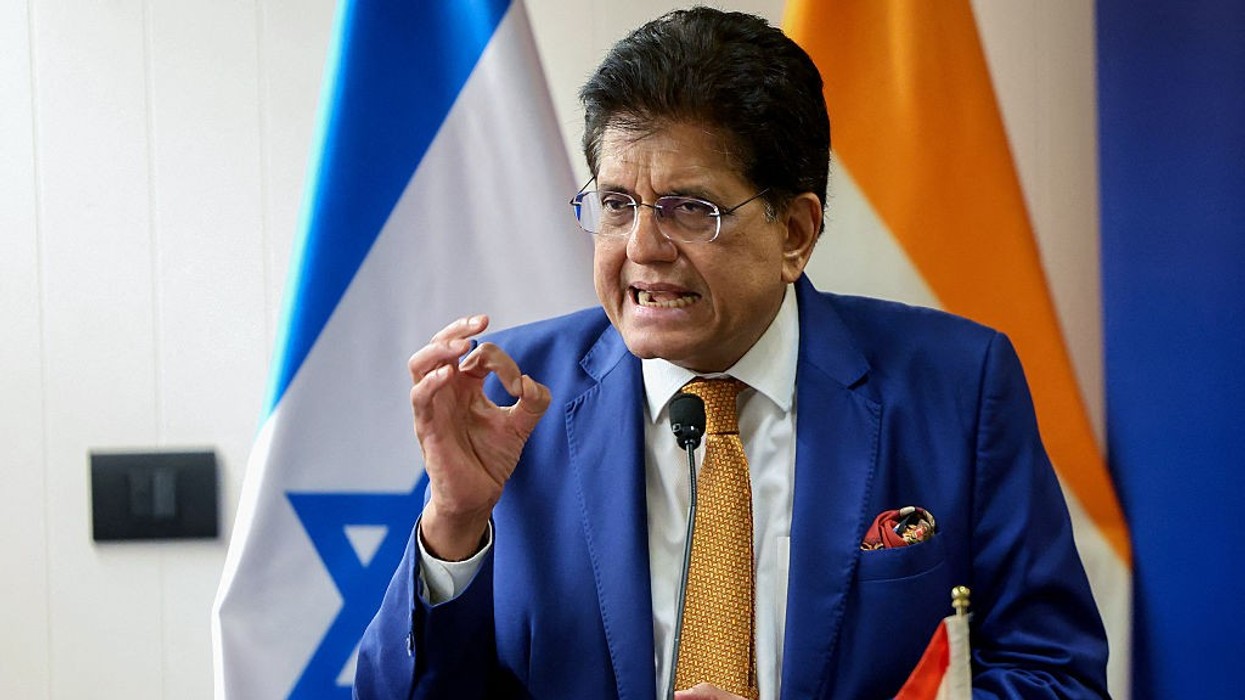Highlights:
- Katyal, 55, has argued dozens of cases before the US Supreme Court.
- Successfully fought against the “independent state legislature” theory in 2023.
- Defended the Affordable Care Act as Acting Solicitor General under Obama.
- Comes from a family of legal scholars, including Akhil, Vikram, and Sonia Katyal.
- His role underscores the rising influence of Indian-Americans in US law and judiciary.
Neal Katyal, an eminent Indian-American attorney, is at the forefront of the legal fight challenging former President Donald Trump’s controversial tariffs. His impressive career, deep constitutional expertise, and family’s influential legal legacy exemplify the growing role of Indian-origin lawyers in shaping major US judicial decisions.
Neal Katyal’s legal career and achievements
Born in Chicago to Indian immigrant parents, Katyal has distinguished himself in American legal circles. He served as Acting Solicitor General under President Barack Obama and has argued more than fifty cases before the US Supreme Court. Some of his landmark victories include the 2023 Moore v. Harper case, where he successfully opposed the “independent state legislature” theory, a major advance for American democracy.
Katyal has also defended the Affordable Care Act, served as Special Prosecutor in the George Floyd case, and co-counseled Vice President Al Gore during Bush v. Gore in 2000. His expertise spans fields like antitrust, constitutional law, intellectual property, and employment law. As a partner at Milbank LLP, he routinely handles complex appellate litigation and is frequently cited for his deep understanding of constitutional principles.
Role in Trump tariff challenge
In the current battle over Trump’s tariffs, Katyal led the case that contested the former president’s sweeping imposition of reciprocal tariffs of up to 50 per cent on imports from numerous countries, including India.
He argued that trade deficits do not constitute a “national emergency” as defined by the International Emergency Economic Powers Act (IEEPA), and that only Congress—not the president—has the constitutional authority to set tariffs and taxes.
The Federal Circuit’s 7-4 ruling sided with Katyal’s arguments, declaring the tariffs unlawful and emphasizing the constitutional separation of powers. Katyal hailed the decision as a victory for the founders’ vision and for the rule of law, stating, “Presidents must operate within the rule of law”.
Family of legal leaders
Katyal’s family is known for its legal contributions. His mentor and Yale Law School professor Akhil Amar is a prominent constitutional scholar, while Vikram Amar, Akhil’s brother, served as dean of the University of Illinois College of Law. Neal’s sister Sonia Katyal is a professor at UC Berkeley School of Law. This family’s collective achievements anchor their place in the highest echelons of US legal academia and practice.
Rising influence of Indian-origin judges
Alongside Katyal, several Indian-origin legal professionals have gained distinction in the federal judiciary. Sri Srinivasan is the chief judge of the US Court of Appeals for the District of Columbia Circuit; Amul Thapar is on the Sixth Circuit Court of Appeals; and Neomi Rao is a judge on the DC circuit. Amit Mehta serves on the US District Court for the District of Columbia.
What comes next?
With the appeals court decision, Trump’s administration has a window to appeal to the Supreme Court. Katyal will continue to argue that tariff power rests solely with Congress in accordance with the Constitution—a position that, if upheld, will permanently curtail unilateral presidential tariff actions and shape future trade policy debates.
In summary, Neal Katyal’s pivotal role in the Trump tariff case not only marks another major milestone in his celebrated career, but also highlights the growing prominence and expertise of Indian-American legal minds in US constitutional law and global trade policy.
